Yes, it is possible to use dish soap as a substitute for shampoo, but it is not recommended for regular use.
Dos
- Dilute the dish soap with water before applying it to your hair. This can help to reduce its harshness and prevent damage to your hair and scalp.
- Use a moisturizing conditioner after washing your hair with dish soap. This can help to replenish any moisture that may have been stripped away during washing.
- Use a clarifying shampoo as an alternative to dish soap if possible. Clarifying shampoos are specifically designed to remove buildup without being too harsh on the hair.
Don’ts
- Use dish soap as a regular substitute for shampoo. Dish soap is not formulated for use on hair and can cause damage and dryness over time.
- Use undiluted dish soap on your hair. This can be too harsh and can cause damage to your hair and scalp.
- Use dish soap if you have sensitive skin or an existing scalp condition such as eczema or psoriasis. Dish soap can be too harsh and can aggravate these conditions.
It’s important to remember that dish soap should only be used as a last resort and not as a regular substitute for shampoo. If you are experiencing issues with your hair or scalp, it’s best to consult a dermatologist or hair care professional for advice.
5 Step guide to washing your hair with Dawn
Step 1
Dilute the dish soap: Mix a small amount of dish soap with water in a cup or bowl. You can start with a ratio of 1:3 (one part dish soap to three parts water) and adjust as needed. Make sure to mix well until the dish soap is evenly diluted.
Step 2
Wet your hair: Use warm water to thoroughly wet your hair. This will help to loosen any dirt, oil, or product buildup.
Step 3
Apply the diluted dish soap: Pour the diluted dish soap over your head and work it into your scalp and hair, starting at the roots and working your way down to the ends. Be gentle and avoid scrubbing too hard to prevent tangling and breakage.
Step 4
Rinse thoroughly: Rinse your hair thoroughly with warm water to remove all the dish soap. Make sure to rinse until the water runs clear and there is no soapy residue left on your hair.
Step 5
Condition: Use a moisturizing conditioner to replenish the moisture that may have been stripped away during washing. Apply the conditioner from mid-length to the ends of your hair, avoiding the scalp. Let it sit for a few minutes, then rinse thoroughly with warm water.
FAQs washing hair with dish soap
Can I use any type of dish soap to wash my hair?
It’s generally recommended to use a mild dish soap if you must use it on your hair. Avoid using dish soaps that contain harsh chemicals, strong fragrances, or dyes. Look for dish soaps that are labeled as gentle or natural.
Is it safe to use dish soap on colored or treated hair?
Dish soap can be too harsh and drying on colored or treated hair, leading to fading and damage. If you have colored or treated hair, it’s best to avoid using dish soap and opt for a clarifying shampoo or a shampoo specifically designed for colored hair.
How often can I wash my hair with dish soap?
It’s not recommended to use dish soap as a regular substitute for shampoo, as it can be too harsh and drying on the hair and scalp. If you must use it, limit it to once a month or less, and make sure to dilute it and follow up with a moisturizing conditioner.
Final thoughts 💭
While it is possible to use dish soap as a substitute for shampoo, it is not recommended for regular use. Dish soap can be too harsh and drying on the hair and scalp, leading to damage, breakage, and irritation. If you must use dish soap, dilute it with water and follow up with a moisturizing conditioner to help mitigate its harsh effects.
However, it’s best to use a clarifying shampoo as an alternative to dish soap, as it is specifically formulated to remove buildup without stripping the hair of its natural oils. As with any hair care product, it’s important to listen to your hair’s unique needs and seek the advice of a dermatologist or hair care professional if you are experiencing issues with your hair or scalp.
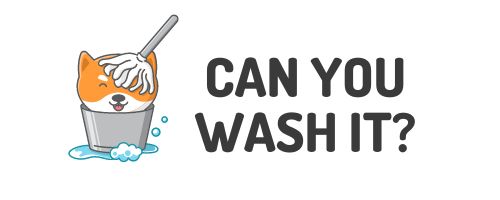
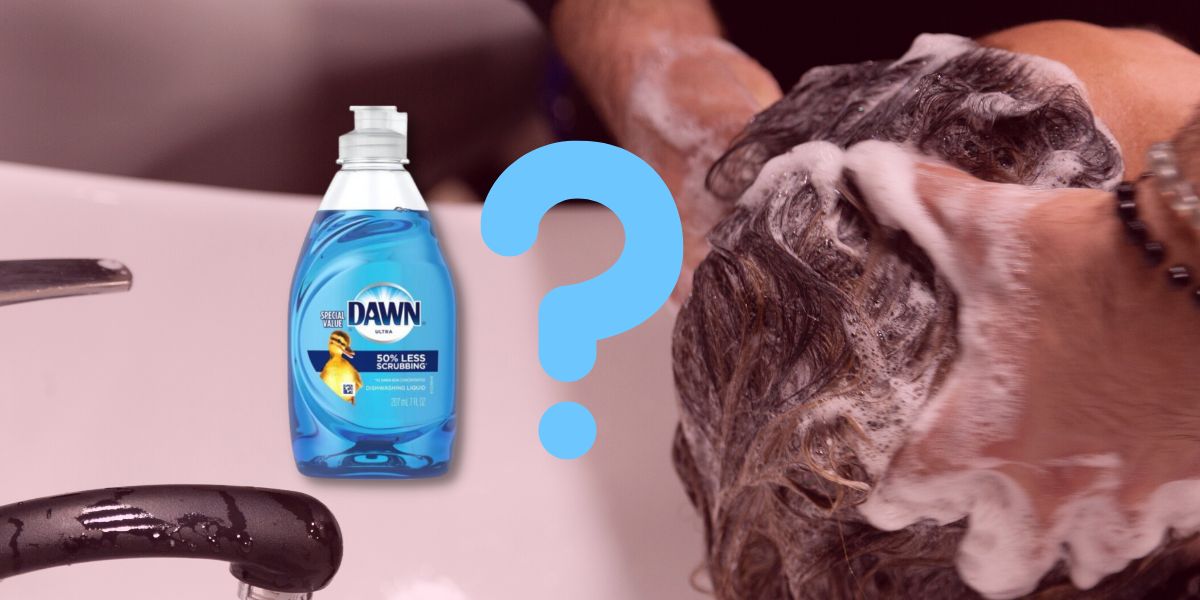
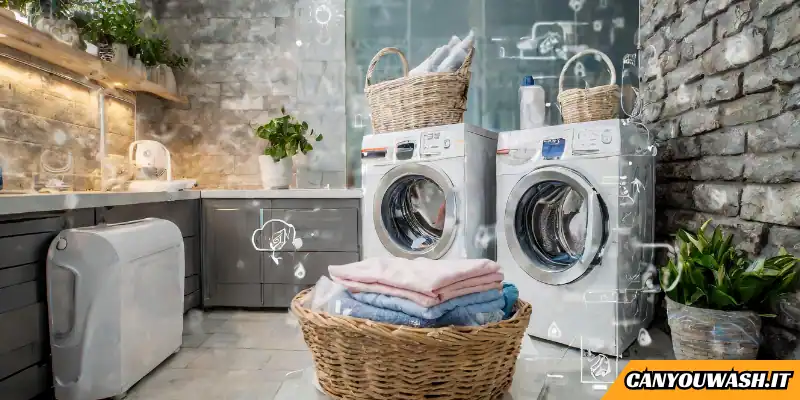
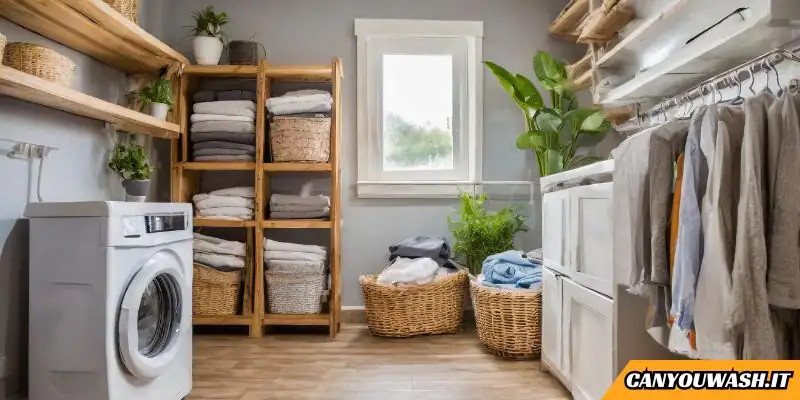
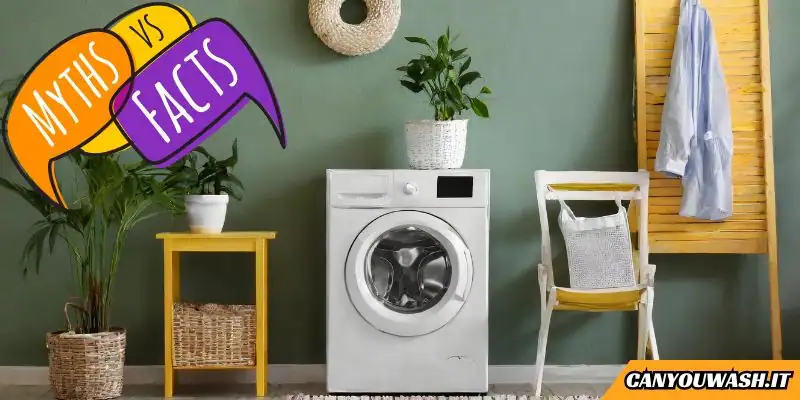
Leave a Reply